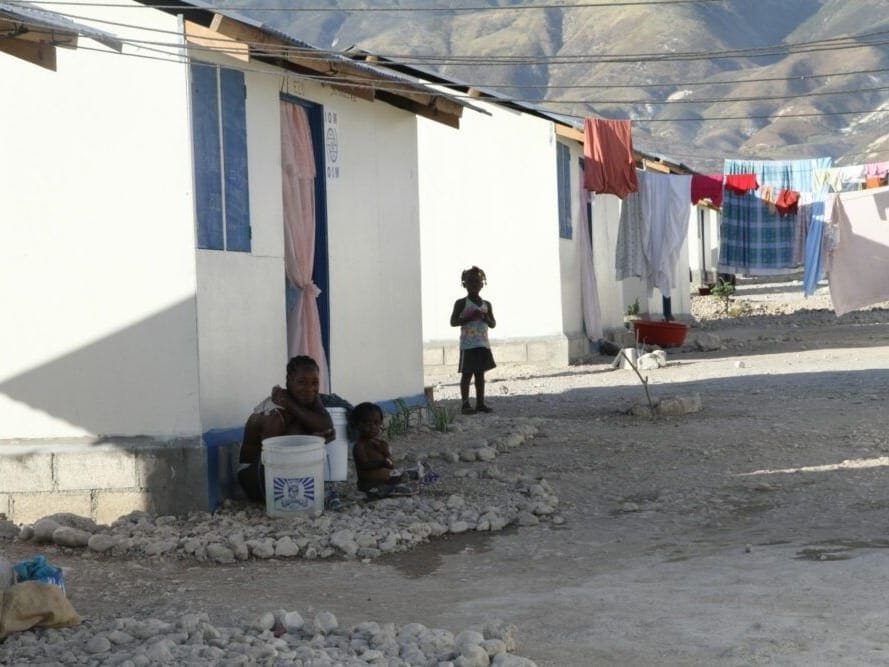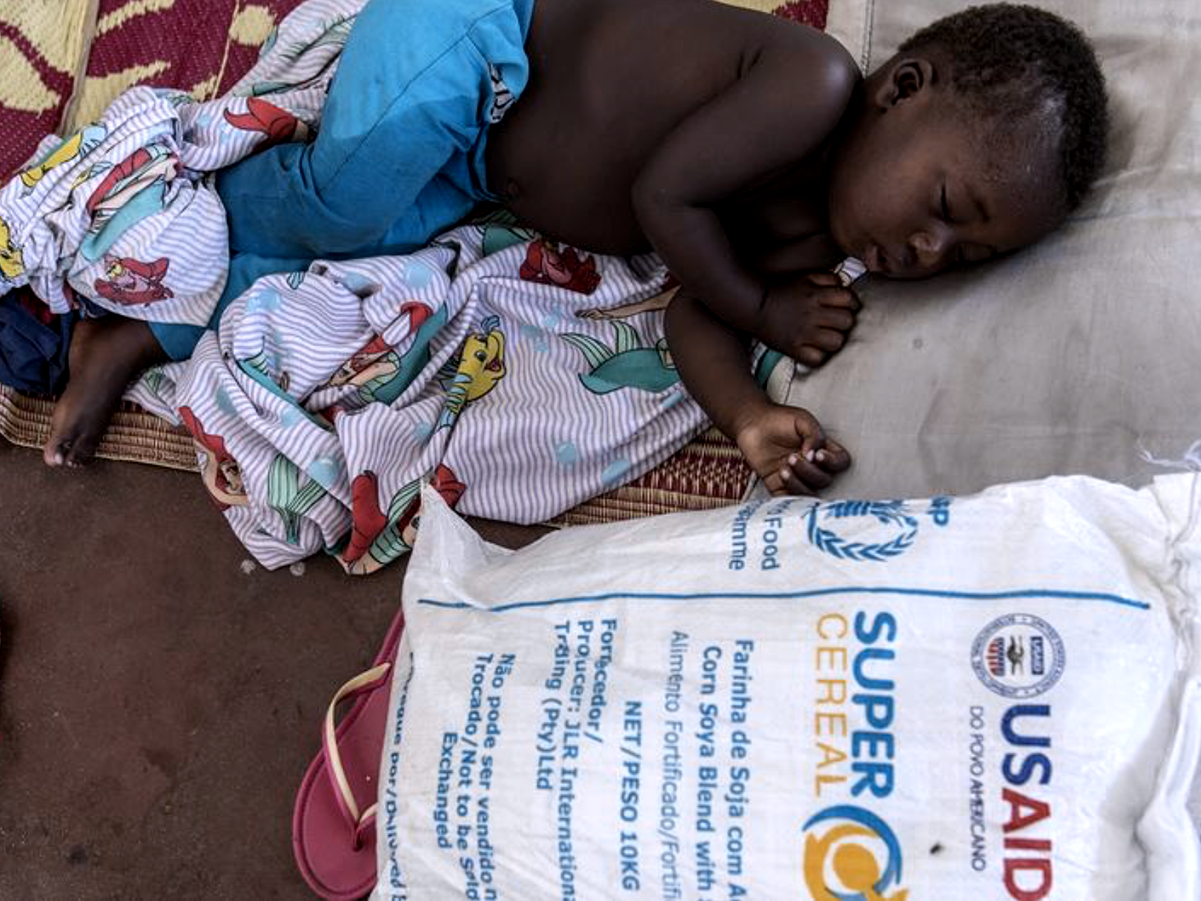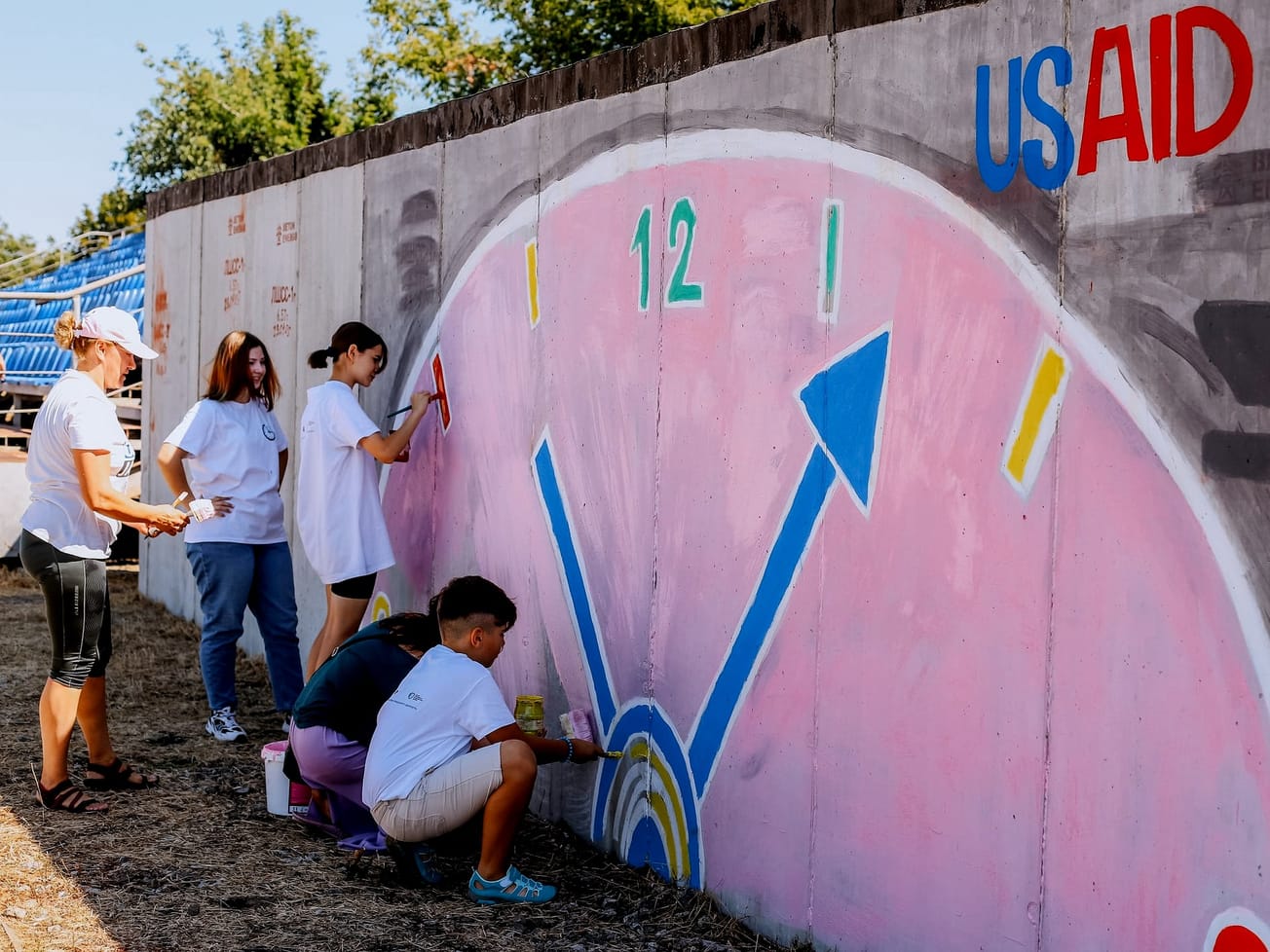Oxfam International vowed to improve after it was sternly reprimanded by a British watchdog agency for having a toxic work culture that led to a sexual abuse and exploitation scandal in Haiti.
The Nairobi-based anti-poverty organization on Wednesday said it would turn things around after being cited for mismanagement and lack of accountability because of employees using prostitutes, downloading pornography, and bullying and intimidating others. It also was called out for potential child abuse and failing to use enough resources to protect its own staff.









